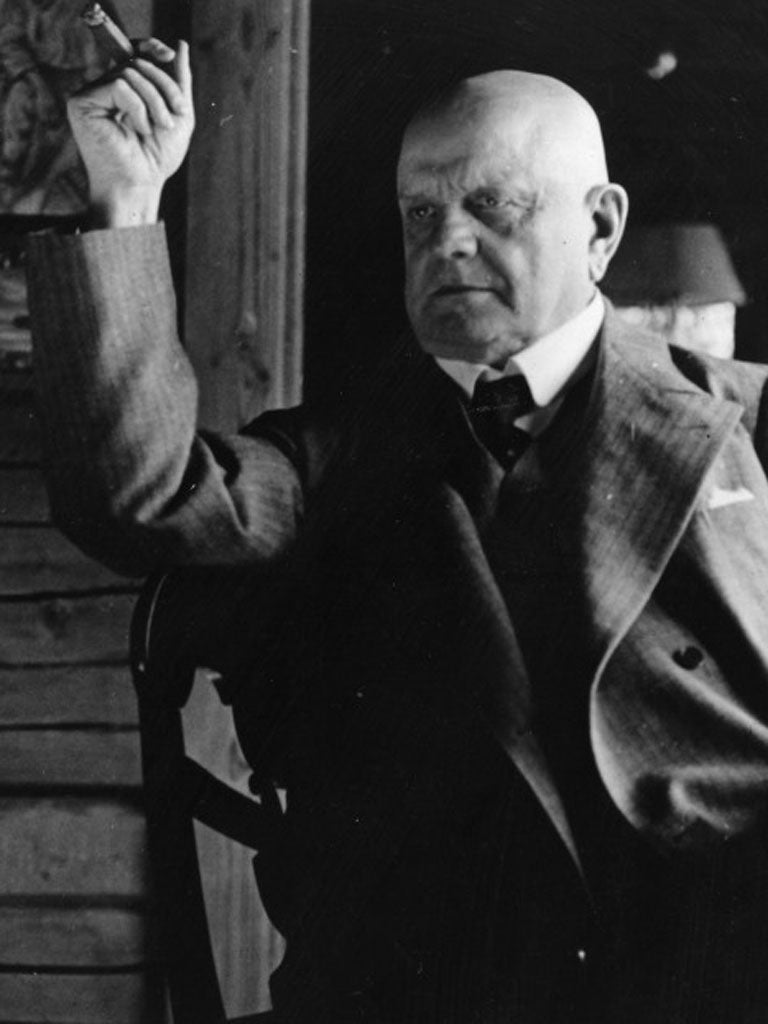Siberian Stories, Radio 4, Monday to Friday Sibelius: A Symphony That Burned, Radio 4, Tuesday
A country under attack and a composer in meltdown

Programmes on radio or television dealing with the wilderness tend to have an unfortunate subtext – the looming destruction of said wilderness. Sadly, Siberian Stories, Cicely Fell's intensely atmospheric five-part account of her time with the people of Tuva, was no different. From Monday's villagers lamenting the ongoing land-grab by Vladimir Putin's cronies through to Friday's reindeer herders selling off their precious beasts to get through the winter, there was the alarming feeling that in a few years' time, Siberia will probably be paved over.
Putin's topless huntin', shootin' and fishin' photo-op a few years ago was catastrophic for the region, serving as a come-on to the apparatchiks and their dacha plans. Worse, the Chinese are buying up and razing mountains in order to mine them, which spells doom for the local way of life. One woman told of her family's efforts to hold on to their grazing ground: "My husband has been going to town twice a week for two years to try to renew the lease."
When Jean Sibelius installed himself and his wife Aino in their own personal wilderness on the shores of Lake Tuusula he was probably hoping for inspiration (Aino was also keen to get him away from Helsinki, with its restaurants, where he drank too much, and its brothels, where he – well, you get the picture). Instead, he dried up and lapsed into a 30-year silence, during which he notoriously burnt his Eighth Symphony, fragments of which have been recently unearthed and reconstructed.
Peggy Reynolds conducted a fascinating investigation of this dark period in the composer's life, though I'd like to have heard more than a few seconds of the fragments themselves. Not much is known about why he destroyed his later work, but Reynolds did a good job of shedding light on the man and his oeuvre, and its place in the Finnish psyche.
When the fragments were given their first run-through, some of the orchestra members burst into tears. And when Finland became world ice-hockey champions last year, fans poured on to the streets and broke into renditions of Finlandia. It beats "'Ere we go, 'ere we go, 'ere we go", that's for sure.
Subscribe to Independent Premium to bookmark this article
Want to bookmark your favourite articles and stories to read or reference later? Start your Independent Premium subscription today.

Join our commenting forum
Join thought-provoking conversations, follow other Independent readers and see their replies